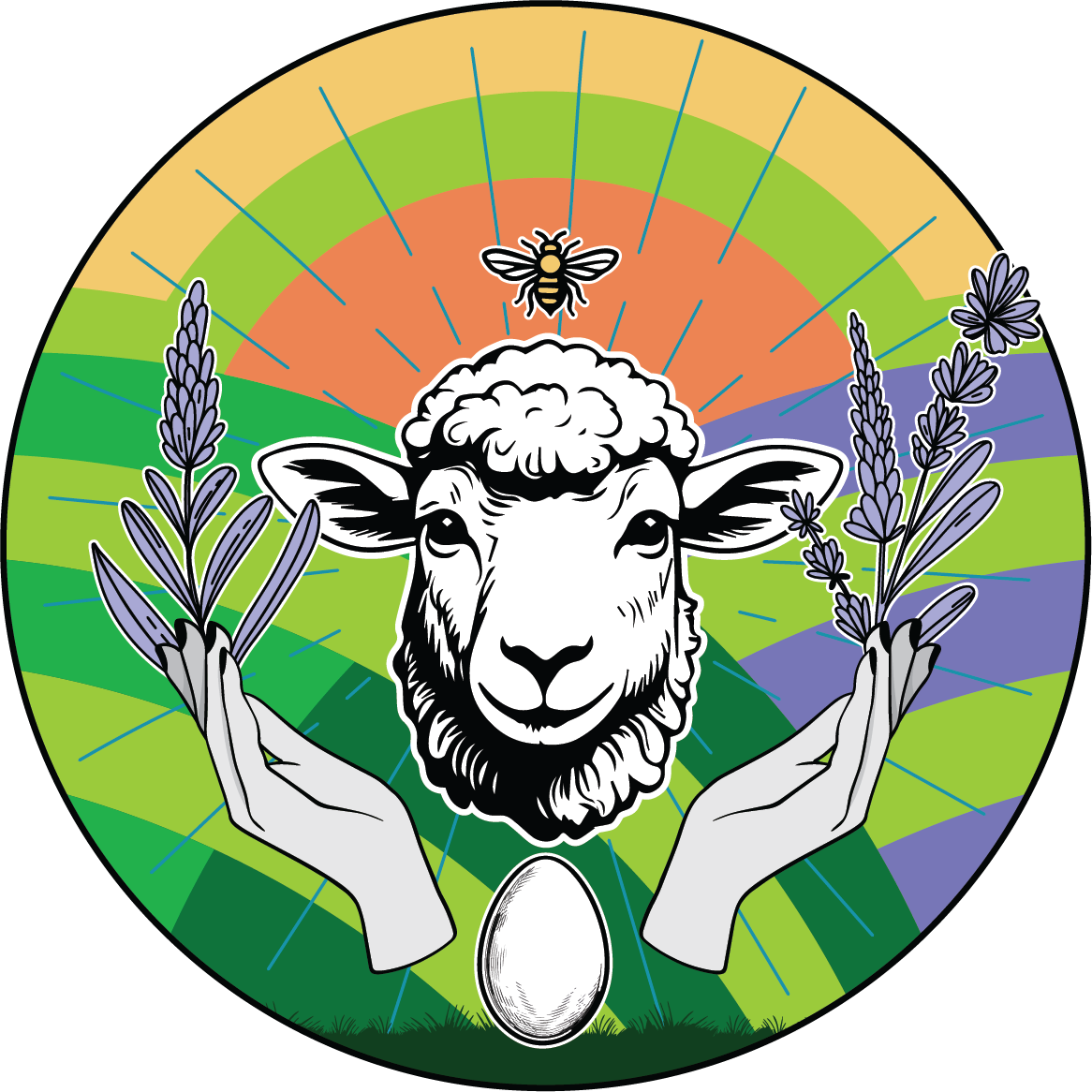Sustainable Farming Practices for Sheep Breeding and Honey Production
- The River House Farm

- Apr 29, 2025
- 2 min read
Sheep breeding and honey production are integral components of sustainable farming practices that not only benefit the environment but also provide high-quality products for consumers. At The River House Farm in Dudley, North Carolina, these practices are at the forefront of their mission to promote organic and eco-friendly agriculture.

Sheep breeding at The River House Farm focuses on raising healthy and happy sheep that are well cared for and allowed to graze on lush pastures. By implementing rotational grazing techniques, the farm ensures that the land is not overgrazed and that the sheep have access to fresh vegetation. This not only benefits the well-being of the animals but also helps maintain the health of the soil and surrounding ecosystem. In addition to sheep breeding, The River House Farm is also dedicated to honey production. Their apiaries are carefully managed to support the health of the bee colonies and promote pollination in the area. By using sustainable beekeeping practices, such as minimal intervention and natural pest management, the farm can harvest high-quality honey while preserving the local bee population. Apart from their primary focus on sheep breeding and honey production, The River House Farm also cultivates organic lavender for use in handmade beauty products. Lavender is known for its calming and aromatic properties, making it a valuable addition to natural skincare and wellness products. By growing lavender organically, the farm ensures that their products are free from harmful chemicals and pesticides. For those interested in sustainable farming education, The River House Farm offers workshops and resources for local farmer's market growers, residents, restaurants, and even a nationwide subscription service. Through these initiatives, the farm aims to spread awareness about the importance of sustainable agriculture and provide practical guidance for implementing these practices. As The River House Farm prepares to launch its online store and blog, the focus remains on creating a platform that not only showcases their products but also educates and inspires others to adopt sustainable farming practices. By prioritizing the correct aesthetic, a functional online storefront, and a strategic marketing campaign, the farm is poised to reach a wider audience and make a meaningful impact in the world of sustainable agriculture. In conclusion, sustainable farming practices for sheep breeding and honey production are not only beneficial for the environment but also contribute to the production of high-quality, organic products. The River House Farm is leading the way in Dudley, North Carolina, by prioritizing sustainability in all aspects of their operation and inspiring others to follow suit.


Comments